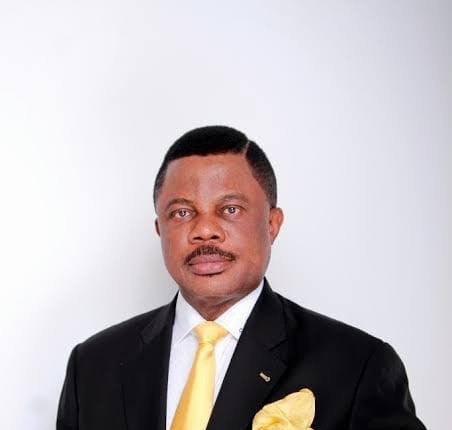Lawrence Nwimo, Awka
A Federal High Court sitting in Abuja has denied an application by former Anambra State Governor, Willie Obiano, challenging the authority of the Economic and Financial Crimes Commission (EFCC) to prosecute him.
Recall that Obiano is currently facing nine charges after he was arraigned on January 24, for an alleged N4bn theft.
However, he had filed a preliminary objection through his lawyer, Onyechi Ikpeazu (SAN), claiming that the EFCC lacked the power to prosecute him.
He also had requested that the charges against him be quashed, stating that they were an abuse of the court process. He also argued that there was no sufficient evidence against him.
However, Justice Inyang Ekwo ruled on Thursday that the application lacked merit and should be dismissed. Ekwo stated that security votes are paid from the Federation account, and therefore he could not stop the prosecution from proceeding.
He added that as long as the EFCC Act is not declared unconstitutional, the court cannot interfere with its implementation. The judge noted that the powers of the EFCC should be determined by law.
Ekwo also concluded that the issue of proof of evidence did not apply in the Federal High Court, as it is a court of summary jurisdiction in criminal proceedings.
Furthermore, the judge mentioned that the appeal referenced by the defendant, filed by the Anambra State Government, had already been decided in favor of the EFCC by the Supreme Court. He clarified that the constitutional provisions cited by Obiano’s application were irrelevant to the case.
Following the ruling, Obiano’s lawyer, Onyechi Ikpeazu, requested a variation of the defendant’s bail conditions, citing health issues and medical appointments that typically last for sixty days.
The EFCC’s counsel, Sylvanus Tahir (SAN), did not oppose the application but expressed concerns about the lengthy treatment period.
In response, Justice Ekwo granted certain prayers of the defendant, allowing for the variation of bail conditions. The judge ordered Obiano to surrender his passport upon his return.

